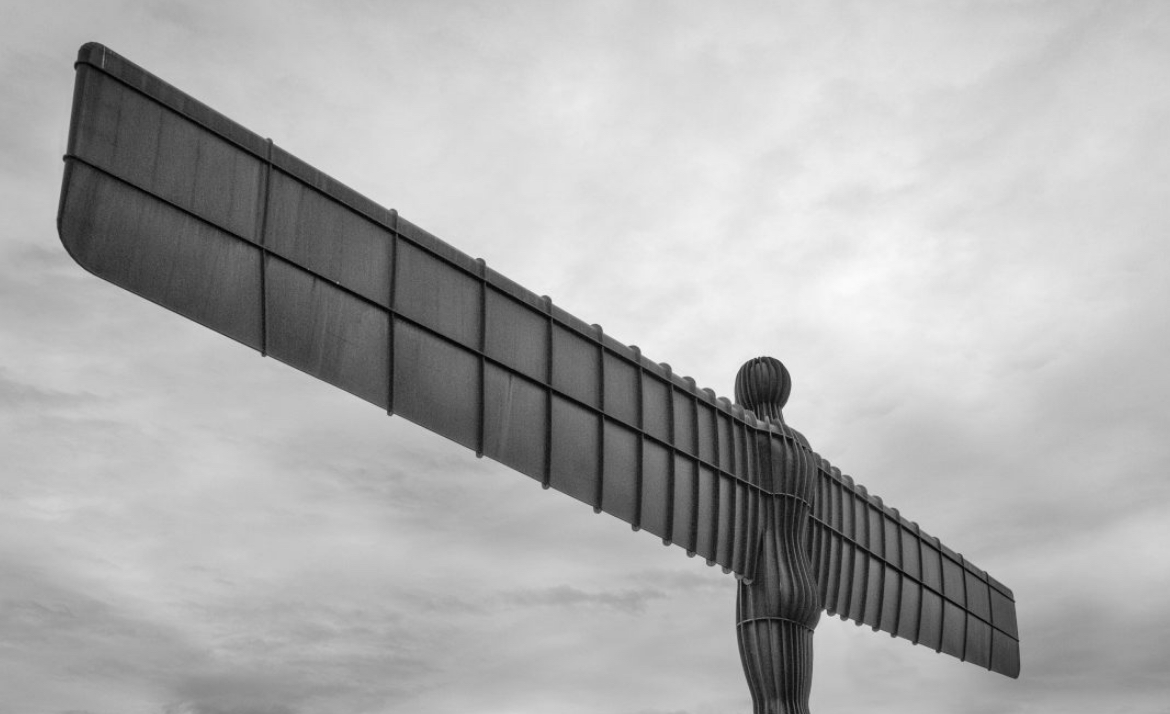This website uses cookies
This website uses cookies to enable it to function properly and to analyse how the website is used. Please click 'Close' to accept and continue using the website.


The Twentieth Century Society to give evidence at Public Inquiry commencing Tuesday 23 November
Today (23 November) the Public Inquiry convened by the Deputy Prime Minister opens into the ‘Greenside’ case. The Inquiry will consider the applications by Mr D. Beadle (1) for consent to demolish ‘Greenside’ at Chestnut Avenue, Wentworth, Virginia Water, Surrey, and (2) to build a replacement house. The applications were ‘called-in’ by the Deputy Prime Minister for his decision.
The Inquiry will be held at the Civic Centre, Addlestone, Surrey. It is expected to last two weeks.
Both The Twentieth Century Society and English Heritage will be presenting evidence in opposition to Mr Beadle’s applications. The Twentieth Century Society’s campaign has received tremendous support from the National Committee of Amenity Societies; and from numerous other concerned organisations and individual members of the public.
“Greenside was an important example of British twentieth century architecture. Although the building cannot now be saved (it was demolished by Mr Beadle in November 2003), there are still critical issues at stake which will be of vital importance for the future protection and conservation of our architectural heritage.”
Gavin Stamp (Chairman of The Twentieth Century Society)
The Twentieth Century Society will be represented at the Inquiry by Mr John Dagg of Counsel. He is instructed by Joseph Mirwitch, the Society’s Honorary Solicitor. The expert witnesses who will be giving evidence in support of the Society’s case are: Alan Powers (architectural historian & critic); John Allan (architect); Stuart Tappin (structural engineer); and Malcolm Judd (chartered surveyor and town planner).
More information on The Greenside case
Note to editors: Following is the opening statement to the Inquiry of John Dagg, Counsel for The Twentieth Century Society.
Planning (Listed Buildings and Conservation Areas) Act 1990 s. 12
Town and Country Planning Act 1990 s. 77
Public Local Inquiry into Applications by Mr. D. Beadle for Listed Building Consent to demolish ‘ Greenside’ and for Planning Permission for a new house.
23rd November 2004
OPENING FOR THE TWENTIETH CENTURY SOCIETY
The Twentieth Century Society
Twentieth Century Listed Buildings and Greenside
The Applications
Call in
Witnesses
Mr. John Allen is a practicing architect with extensive expertise in the repair and restoration of listed inter-war reinforced concrete buildings.
Mr. Stuart Tappin is a practicing civil and structural engineer who has similarly dealt with such buildings.
Mr. Malcolm Judd is a consultant surveyor and town planner.
Mr. Judd also deals with the Society’s evidence with regard to the application for planning permission.
Summary of the Society’s position on the application for listed building consent
The framework of law and policy strikes a reasonable balance between the rights of the property owner and those of the community as a whole. The protection given to listed buildings is not, of course, absolute. The case for demolition can be made – including the position where the costs of repair make the position unviable. But the evidence must be clear. Refusals by Local Planning Authorities can be appealed to the First Secretary of State.
It is vital that the provisions of the Human Rights Act 1998 should not be misunderstood or misapplied. In the Society’s view that is what the Runnymede Members did. The submissions to be made by English Heritage are strongly supported.
It is also important to note the strength of support in this respect from third parties. These include other national amenity societies, the Royal Institute of British Architects, the Royal Town Planning Institute, and many individuals.
John Dagg
Counsel for The Twentieth Century Society
For further information please contact:
David Hamilton-Peters
Administrator
The Twentieth Century Society
70 Cowcross Street
London EC1M 6EJ
Tel: 020 7250 3857
Email: administrator(at)c20society.org.uk

Become a C20 member today and help save our modern design heritage.